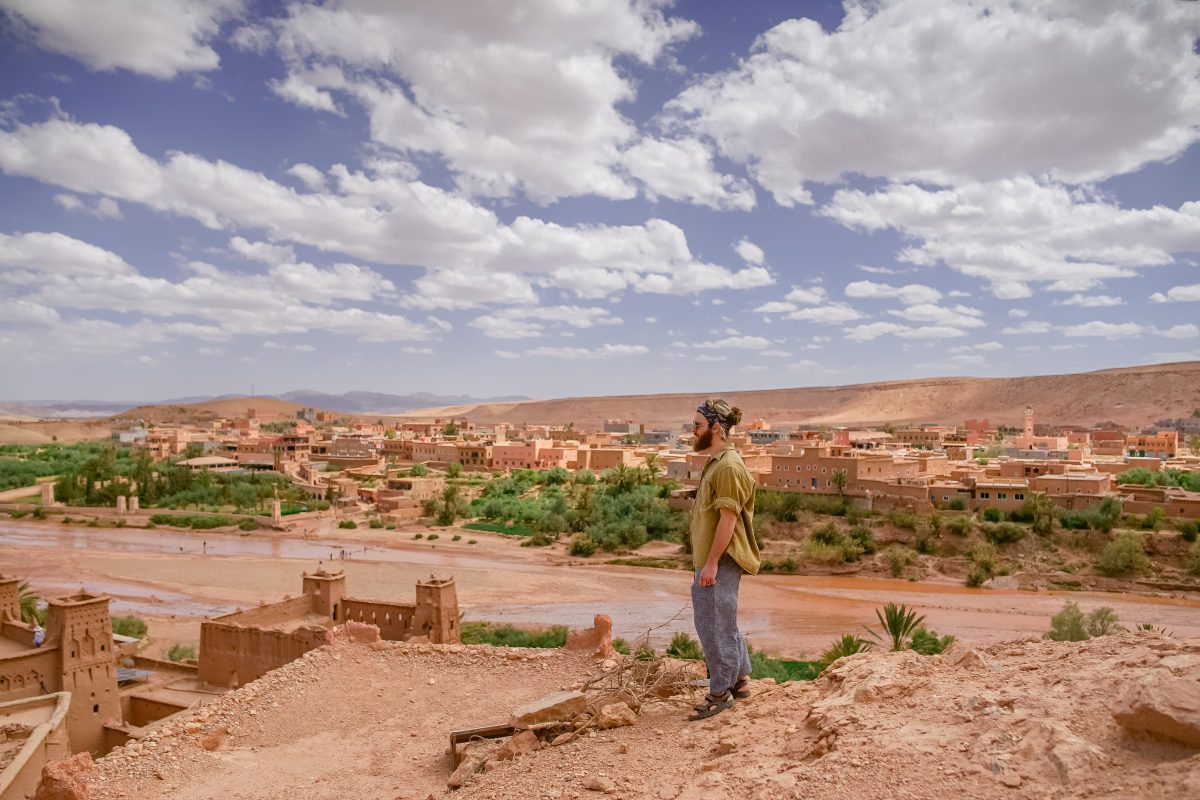What Do I Need to Know Before Visiting Zanzibar?
Zanzibar is an archipelago off the coast of East Africa, known for its white-sand beaches, turquoise waters, incredible coral reefs and friendly people. Many tourists come for diving, snorkeling, sailing or a classic beach holiday, but before visiting Zanzibar there are a few things that you should know. In this guide, we will tell you everything you need to know about what to expect when traveling to Zanzibar.
Location and Climate
Zanzibar is comprised of two main islands located in the Indian Ocean, Unguja and Pemba, and several smaller islands. The largest and most populated island is Unguja, also known as Zanzibar Island, and it is here that the area’s main historical attraction, Stone Town, is located. The capital of Zanzibar is Zanzibar City, which is located on the northwest coast of Unguja. In terms of climate, Zanzibar experiences tropical weather year-round. Temperatures remain fairly consistent throughout the year, with average temperatures ranging from 26-32°C. The warmest months are October to March and the coolest months are May to September. The rainiest months are April and November, while the peak season is typically December-March.
Visa Requirements
Most visitors to Zanzibar require a visa to enter. Visas are available upon arrival at any port of entry in Zanzibar. They can be obtained at Zanzibar International Airport (ZIA), Stone Town seaport (Amani Port), Mkoani seaport (Nyerere Port), and Chake Chake seaport (Uzi Port). A visa upon arrival costs $50 USD for citizens from the US, Canada, Australia and most European countries. It’s also important to note that most visitors need at least two blank pages for entry and exit stamps in their passports. Your passport must also be valid for at least 6 months from the date of entry into Zanzibar.
Money Matters
The official currency of Zanzibar is the Tanzanian shilling (TZS), but US dollars and Euros are widely accepted in major tourist destinations including Stone Town, Nungwi and Kendwa. Most ATMs accept Visa cards, so if you’re carrying one you should have no problem finding one that works. That being said, it’s always a good idea to carry some cash with you in case of emergency.
Culture and Language
The culture of Zanzibar is vibrant and diverse, while being strongly influenced by African, Arabic, Persian and Indian cultures. As such, there are a few cultural norms that visitors should be aware of. When visiting religious sites and national monuments, it’s important to dress modestly with your shoulders and knees covered. You should also be mindful of your volume in public areas, especially when passing by mosques – locals observe prayer times five times a day! Swahili is the official language of Zanzibar and the most widely spoken language on the islands. English is also widely spoken, particularly in tourist areas like Stone Town and Nungwi. Traditional greetings like “Jambo” (hello) or “Habari?” (how are you?) are sure to make locals smile.
Health and Safety
Before visiting Zanzibar, it’s important to check the latest advisories from the Centers for Disease Control (CDC) or your local government health organization to get the most up-to-date information about health risks in the region. Vaccines for typhoid fever, cholera and hepatitis A & B are recommended for those planning to visit Zanzibar or Tanzania as a whole. Mosquito-borne illnesses like malaria are also a risk in Zanzibar so be sure to bring mosquito repellant containing DEET or other safe alternatives. When it comes to safety in Zanzibar, certain areas like Stone Town can become quite crowded with tourists and locals alike during peak season. Make sure you keep an eye on your possessions at all times and stick to well-lit areas after dark. Petty theft like pickpocketing is always a risk when traveling, so it’s best to divide your valuables between different pockets or bags and keep your luggage secure at all times.
Getting Around
Public transport in Zanzibar can be a challenge at times as roads can be in poor condition and schedules unpredictable. That being said, there are several options available – buses and daladala vans (mini buses) run along the major routes on the islands as well as bicycle taxis known as bajajis. Prices are typically very affordable but tend to increase during peak season so it’s worth negotiating ahead of time. Taxis can be found outside of airports and ferry terminals and sometimes cruising around city streets looking for passengers. They charge by distance but again it pays to agree on a price before hopping in the car. It’s also possible to hire private drivers or tour operators for day trips or excursions beyond Stone Town or Nungwi – just be prepared to haggle! Finally, if you’re looking for a more luxurious way to get around, there are several car rental companies available in major towns offering cars ranging from basic sedans to 4x4s and luxury vehicles. However do bear in mind that traffic congestion can be an issue at times so factor this into your travel planning when booking a car hire service in advance.
Conclusion
Zanzibar is an exotic destination filled with stunning beaches, picturesque fishing villages and plenty of adventures waiting for travelers who dare explore this beautiful part of East Africa. Knowing the basics before you visit will help ensure that your time on the islands is as enjoyable – and safe – as possible so take some time before your trip to brush up on visa requirements, money matters, cultural dos and don’ts and more! From health tips to transportation options, this guide provides all the information you need to make the most of your trip to Zanzibar!
Table of Contents

